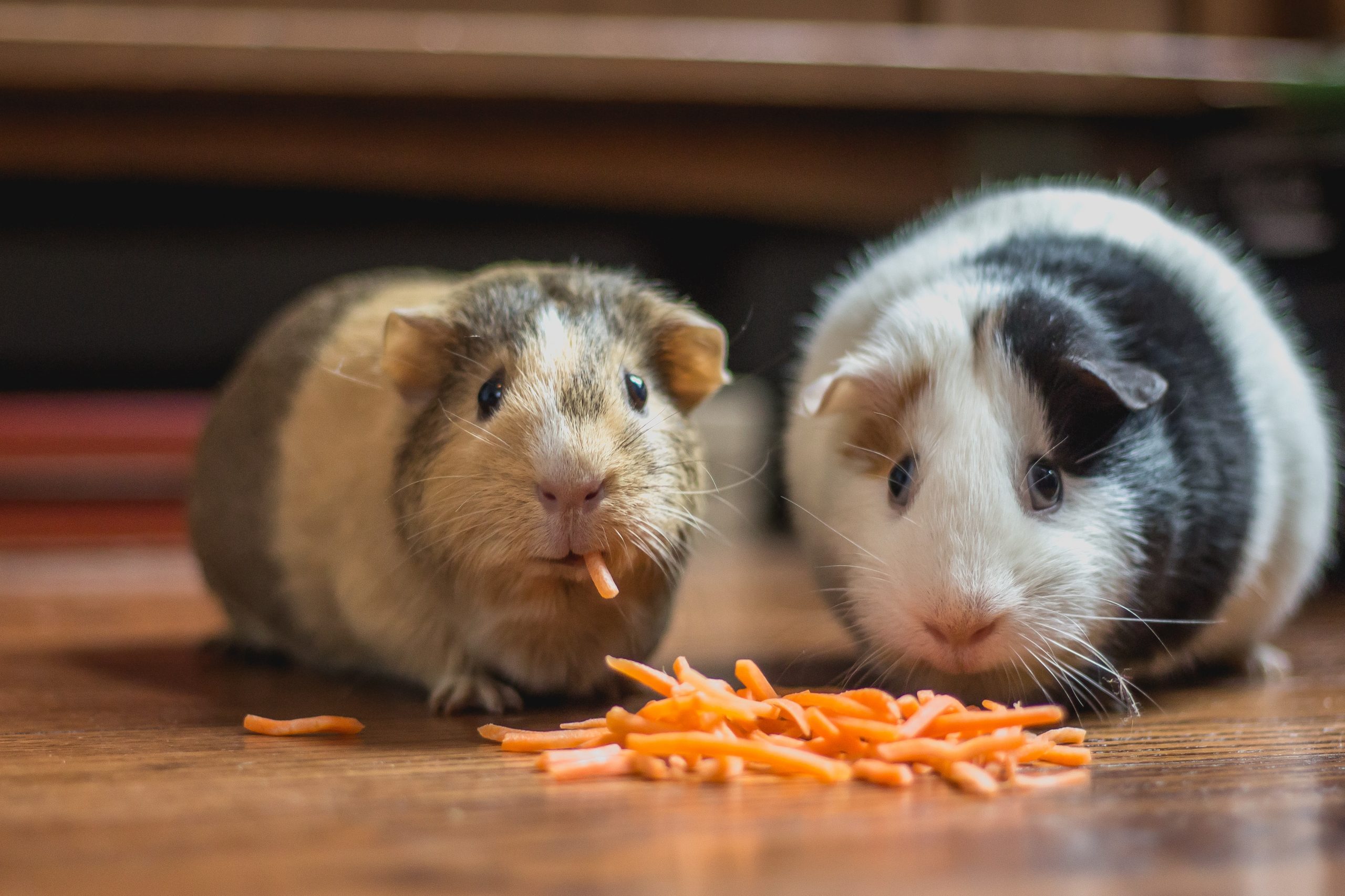Getting a pet? Welcoming a new member into your family can be an incredibly rewarding experience and give the household a fresh sense of excitement.
Cats and dogs are a firm favourite in the UK, but other animals such as hamsters, rabbits and tortoises are also popular.
Having a pet is a long-term financial and moral commitment. You must ensure that you have the means necessary to provide and care for the animal. If you fail to do so, you may risk having them taken away from you. So, how can you ensure you’re financially ready for a pet?
Look at your financial situation
Being financially stable enough to meet the demands of a pet is crucial. It isn’t cheap and if you are struggling to make ends meet already, then it may not be wise to increase your outgoings.
For example, the average cost of owning a dog stands at around £2,000 per year. Considering the average dog lives between 10 to 15 years, that’s a significant lifetime commitment. Other pets may cost more or less depending on their needs, but get a good sense of how much you’ll need to invest before you agree to anything.
Take a look at your financial standing including your debt levels, disposable income and savings. Calculate if there is room in your monthly finances to cover all the necessary costs (as seen below) and ideally a little extra in case of emergencies. It is worth remembering, the better your credit score, the better interest rates, credit cards, financial applications etc. you will be able to apply for which can make it easier to calculate an appropriate budget.
What costs do you need to consider?
Upfront costs
Most pets will cost you money upfront, whether that be to pay a breeder, seller or adoption agency. Be sure to use only reputable and accredited organisations because dodgy dealers have been known to mistreat animals and hide information about health complications during sales. You may be required to pay for vaccinations and other precautions up front too.
Food and essentials
Every pet will require some form of food and nutrition. Other essentials include bedding, litter and liquids. These are likely to be your main expenses throughout the month, so get a rough idea of how much you’ll need regularly.
Toys and accessories
You should be looking to enrich your pet’s quality of life with toys and accessories. These aren’t cheap either but are likely to be less regular outgoings. Dog collars and chew toys, cat scratching poles and hamster runs are some common examples.
Insurance and healthcare
Veterinary bills can be eye-watering, so most pet owners opt for insurance to cover the fees if their animal needs treatment. Factor these premiums into your calculations to give you some peace of mind and ensure the welfare of your pet comes above your finances.
Owning a pet is a long-term commitment and one that may require significant investment for years or decades to come. Ensure you can take on that responsibility before bringing any new members into the family. Other than that, have the best time with them!



